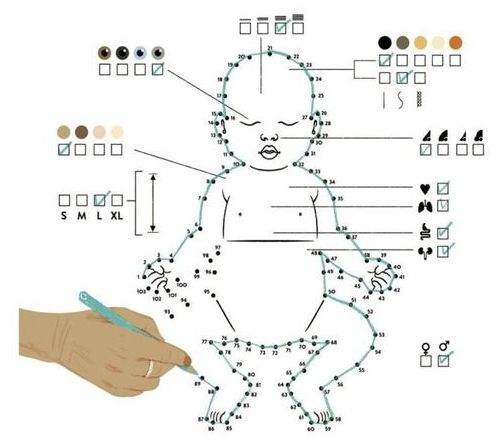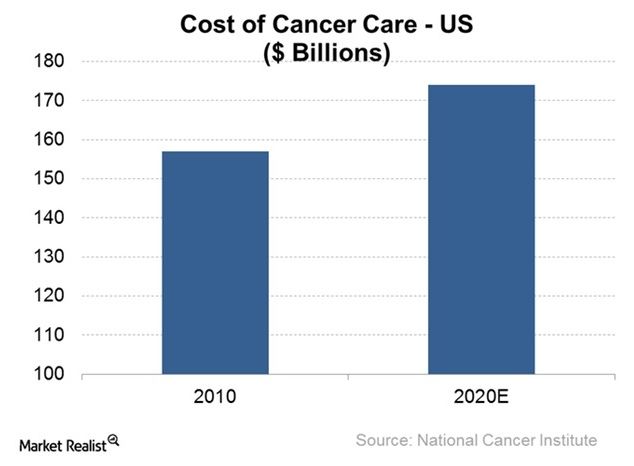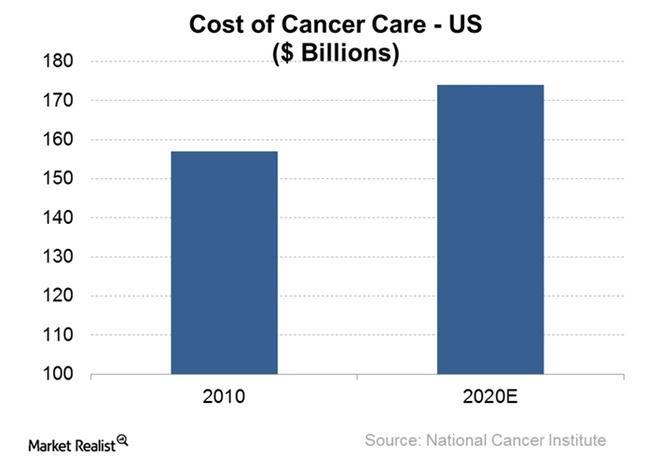Apr 2, 2017
No more ‘superbugs’? Maple syrup extract enhances antibiotic action
Posted by Shane Hinshaw in categories: biotech/medical, health
SAN FRANCISCO, April 2, 2017 — Antibiotics save lives every day, but there is a downside to their ubiquity. High doses can kill healthy cells along with infection-causing bacteria, while also spurring the creation of “superbugs” that no longer respond to known antibiotics. Now, researchers may have found a natural way to cut down on antibiotic use without sacrificing health: a maple syrup extract that dramatically increases the potency of these medicines.
The researchers will present their work today at the 253rd National Meeting & Exposition of the American Chemical Society (ACS). ACS, the world’s largest scientific society, is holding the meeting here through Thursday. It features more than 14,000 presentations on a wide range of science topics.
“Native populations in Canada have long used maple syrup to fight infections,” says Nathalie Tufenkji, Ph.D. “I’ve always been interested in the science behind these folk medicines.”


















